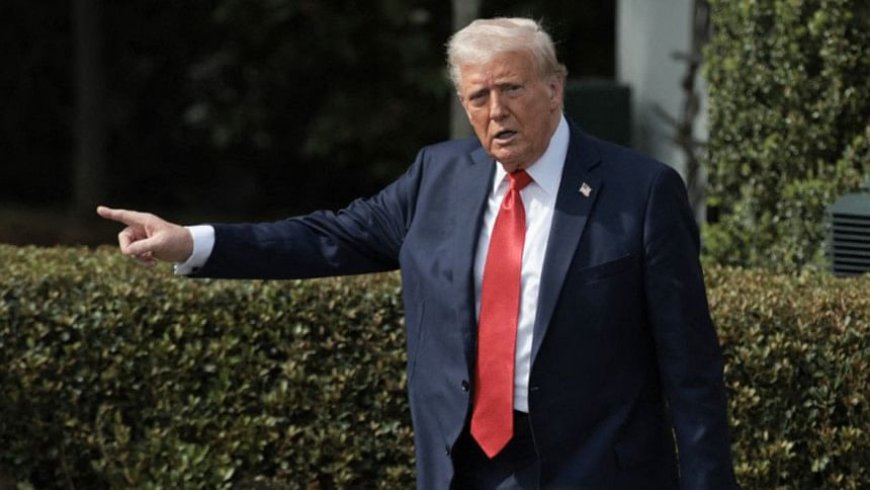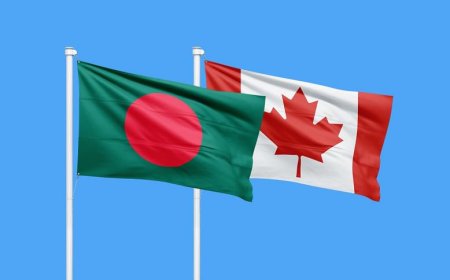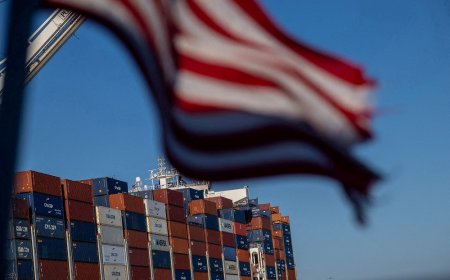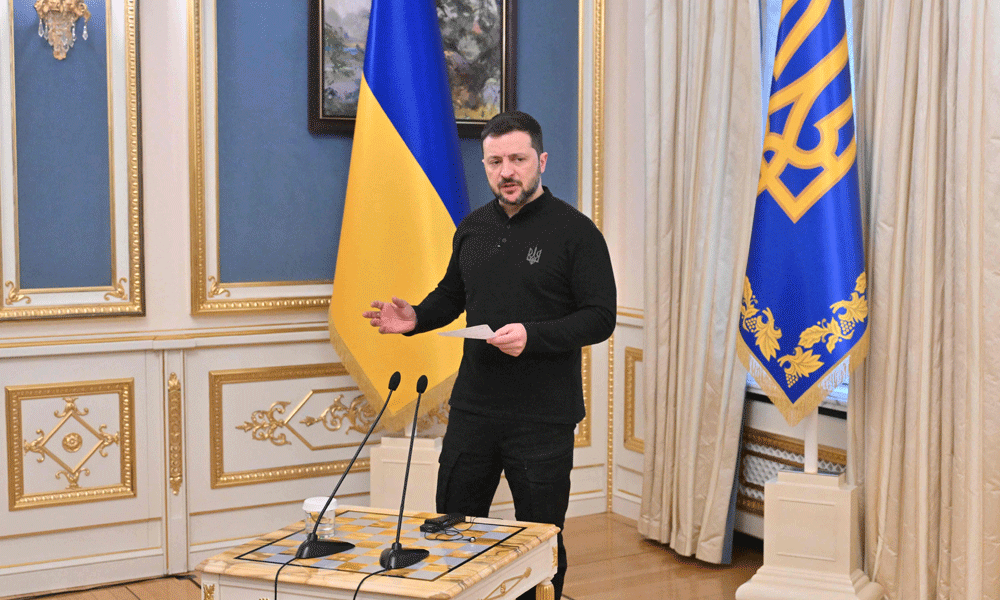U.S. Considers Imposing Tariffs on Pharmaceuticals, Semiconductors
U.S. Considers Imposing Tariffs on Pharmaceuticals, Semiconductors

U.S. Moves Toward Tariffs on Tech and Pharma, Raising Global Trade Tensions
The United States signaled a major escalation in its trade strategy on Monday, launching national security investigations that could pave the way for tariffs on high-end pharmaceuticals and semiconductor imports. The move, widely anticipated in recent weeks, adds to the growing uncertainty in global markets amid an ongoing trade war that Chinese President Xi Jinping warned would yield "no winner."
Commerce Secretary Howard Lutnick confirmed the probes, while Treasury Secretary Scott Bessent pointed to progress in trade talks with individual countries, though he offered few details. Discussions are underway with Vietnam and set to begin with Japan and South Korea in the coming days.
Despite escalating tensions, markets responded positively to signals of flexibility from the Trump administration, including temporary exemptions on tech products such as smartphones, chips, and computers. Wall Street closed higher, and global markets followed suit.
However, President Trump suggested those exemptions might be short-lived, reiterating his intent to bring manufacturing back to the U.S. through aggressive trade measures. White House spokesman Kush Desai emphasized the administration's urgency, saying officials were working on “Trump Time.”
Tit-for-tat tariffs have sharply escalated, with U.S. levies on China reaching 145 percent and Beijing responding with its own 125 percent duties. In response to the mounting pressure, South Korea—home to tech giant Samsung—announced a $4.9 billion boost for its semiconductor industry, citing "growing uncertainty" from U.S. actions.
Still, Trump struck a softer tone Monday, hinting at compromises for sectors hurt by his 25 percent auto tariff. "I don't want to hurt anybody," he said at the White House.
Meanwhile, Xi, visiting Vietnam at the start of a Southeast Asia tour, warned against protectionism, saying trade wars are ultimately fruitless.
The current reprieve on some tariffs may not last long. Trump said new rates for semiconductors could be announced within a week, and Lutnick confirmed implementation could follow in one to two months.
Negotiations are ongoing, with Washington hopeful for a deal with China—though officials insist Beijing must make the next move. EU trade chief Maros Sefcovic, following talks in Washington, said the bloc remains open to a “zero-for-zero” tariff agreement, but warned it would take “significant joint effort.”
With the clock ticking on a 90-day grace period, many countries are scrambling to strike deals before more tariffs take effect. Japan's Economic Revitalization Minister Ryosei Akazawa is expected in Washington this week, as his country's automakers remain exposed to the stiff auto levies.
What's Your Reaction?





















































































